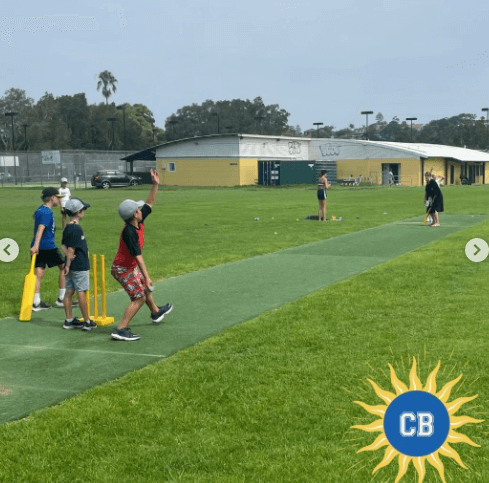Socialising online can be a great way for children to build friendships, but it can also put them at risk such as unwanted contact.
Unwanted contact is any type of online communication that your child finds unpleasant or confronting, or further that leads them into a situation where they might do something they regret. This can happen even if they initially welcomed the contact. It can come from strangers, online ‘friends’ your child has not met face-to-face, or from someone they actually know.
Miss B receives unwanted contact via her phone
My daughter (let’s call her Miss B) has a personal mobile phone so she can travel to and from school safely on her own. We have controlled what she needs and can access on the phone. (We removed the search engines and Apps must be approved with our thumbprint before it can be downloaded.) The only real socialising online that Miss B really does is through her phone chat groups with close friends.
Recently, she received a call from an unknown number and a subsequent text message. She looked at her phone and then looked up at me with a frown on her face. “Mumma, I don’t know this person and they called my number”. As we didn’t know the number I told her to block it and that she could safely do this in future too.
I started thinking of other ways that Miss B might have to deal with unwanted contact and it worried me. I read this helpful article on the eSafety Facebook Page today. It was so relevant to my recent experience at home that I had to share it.
How to deal with unwanted contact
If someone is contacting your child and this contact is unwanted or makes them feel uncomfortable, here are some things you can do to help.
Make their accounts private
For younger children, ensure their social media accounts are not publicly available and establish rules around what types of content they should share online.
For older children, suggest they make their social media accounts private. By adjusting their privacy settings, they can stay in control of who sees what they post online and who can contact them directly. For more information on privacy settings see the eSafety Guide.
Delete contacts they don’t talk to
Encourage your child to delete contacts they don’t talk to. Ask them to go through all the people who follow them or they are friends with on social media and check that they actually know them. If not, it is probably a good idea to delete them.
Report and block
Let your child know that they can talk to you if they receive any contact that makes them feel uncomfortable.
If your child receives any unwanted contact from someone they know or a stranger, encourage them to report and block this person. The eSafety Guide has online safety information and direct reporting links. If the contact persists, or it becomes aggressive or threatening contact your local police.
Delete requests from strangers
Encourage your child to delete friend or follow requests from people they don’t know. A good tip is to get them to check whether new requests share mutual friends. If they feel unsure about someone, encourage them to delete the request.
This is the link to the original article, How to Deal With Your Child’s Unwanted Contact Online. I would recommend reading the further sections which include; How Does Online Grooming Work, the Risks of Online Grooming and How to Protect Your Child from Online Grooming.
I would also recommend following the Office of the eSafety Commissions on Facebook and sign up for their e-newsletters for up to date eSafety matters including new resources, online issues, events, blogs and the latest research.
Camp Blue is actually unplugged, but we strongly believe in online safety for our campers. Our next camp is on these September holidays. Our North Sydney camp is booked out but we do have a few spaces left at Manly in NSW and Melbourne VIC. You can find more details here.




